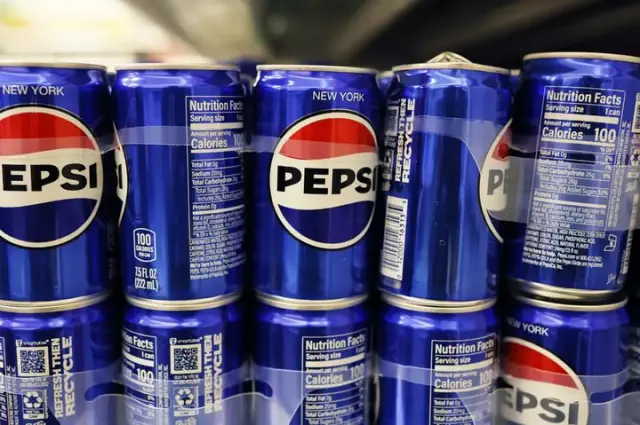
View pictures in App save up to 80% data.
It can be disheartening to have to throw away groceries before you’ve had a chance to use them. So, how can you determine which food items are suitable for freezing?
Milk may not be the first thing to come to mind when thinking about freeze-able goods, but nutrition and health experts actually recommend it if you don't think you'll consume the whole carton by its "best by" date.
It's also "a great way to reduce food waste and save money by stocking up when prices are low," says Shelley Balls a registered dietitian and nutritionist for Consumer Health Digest.
There are some health and safety measures that need to be taken into account first, though. Here's what to know about freezing and then consuming milk.
Is milk bad for you? What a nutrition expert wants you to know
Is it possible to freeze milk?
"It is completely safe to drink milk that's been frozen," registered dietitian and recipe writer Micah Siva says. There's one caveat, though: "The taste and texture may be altered slightly." If that bothers you, you can skip drinking the milk or pouring it in your coffee and instead save it for pancake, muffin, cake or oatmeal recipes.
According to nutrition specialists, frozen milk is "almost the same" as fresh milk, so Siva encourages not to be discouraged by the freezing process.
To thaw frozen milk, follow these steps: 1. **Refrigerator Method**: The best and safest way to thaw frozen milk is to transfer it from the freezer to the refrigerator. This can take several hours or overnight, depending on the quantity. 2. **Cold Water Method**: If you need to thaw the milk more quickly, place the sealed container of frozen milk in a bowl of cold water. Change the water every 30 minutes until the milk is thawed. 3. **Microwave Method**: You can also use a microwave to thaw milk, but be cautious. Use the defrost setting and heat in short intervals, stirring in between to ensure even thawing. Avoid overheating, as this can change the texture and flavor of the milk. After thawing, shake or stir the milk well, as it may separate during freezing. Use thawed milk within 3-5 days for best quality.
Milk should normally only be consumed up until the "use by" date on the carton. But once frozen, milk can be consumed for up to three months after the date of purchase, according to the U.S. Food and Drug Administration.
During that three-month period, frozen milk remains safe for consumption; however, specialists recommend following a few additional precautions beforehand.
"Freezing isn't a problem, but thawing can be," Siva explains. "Make sure to defrost it in the refrigerator overnight instead of leaving it out on the counter."
According to Balls, freezing can cause the fat in milk to separate. Therefore, depending on the type of milk being frozen, it might be essential to shake it well to mix the fat back in.










